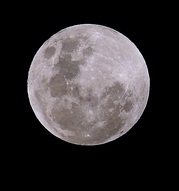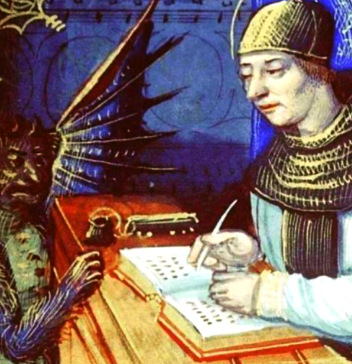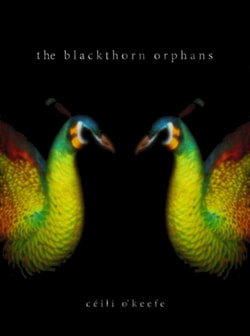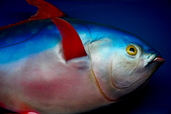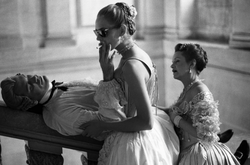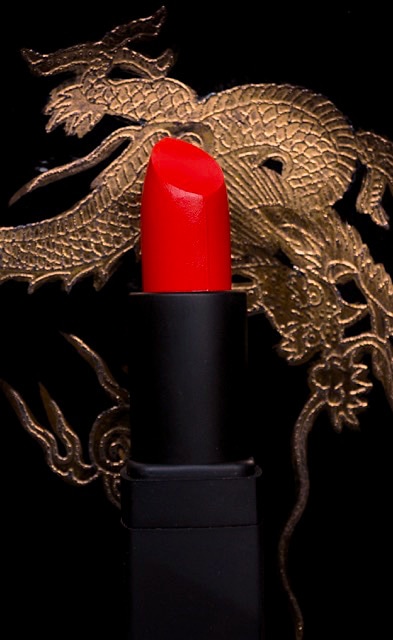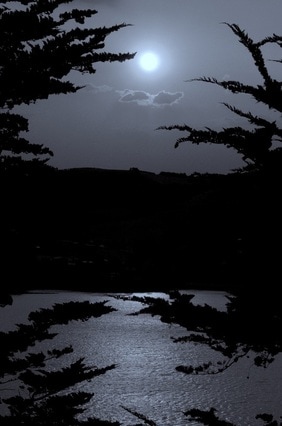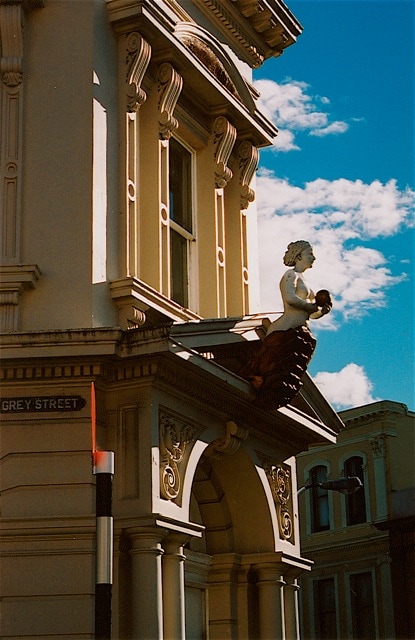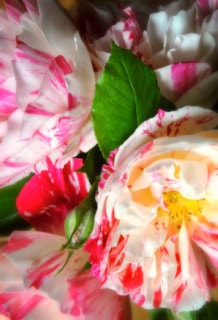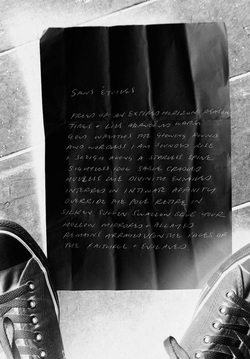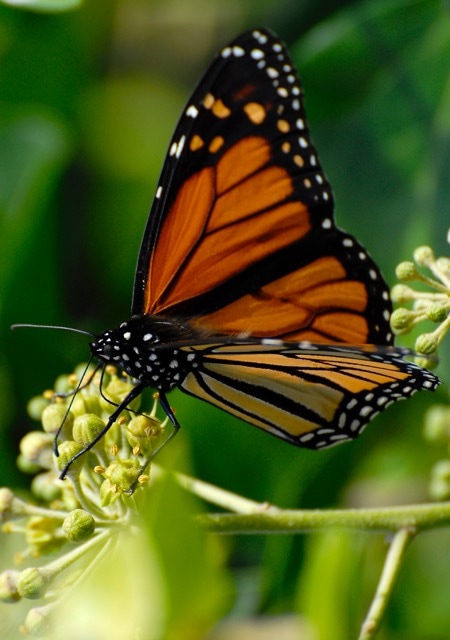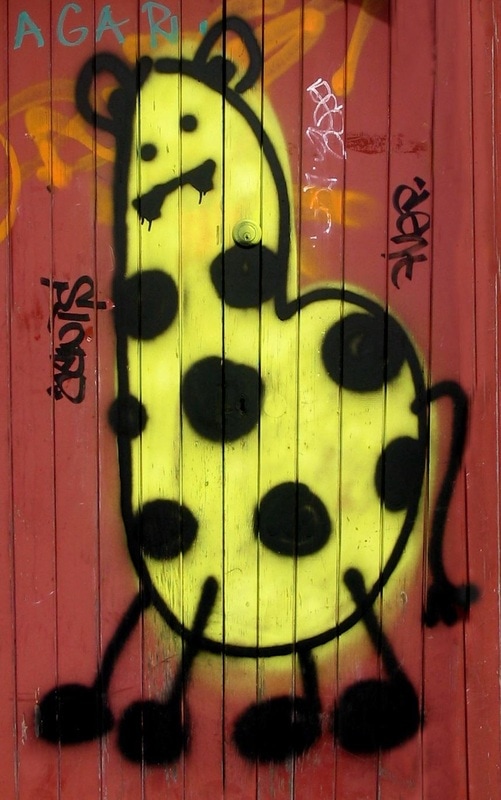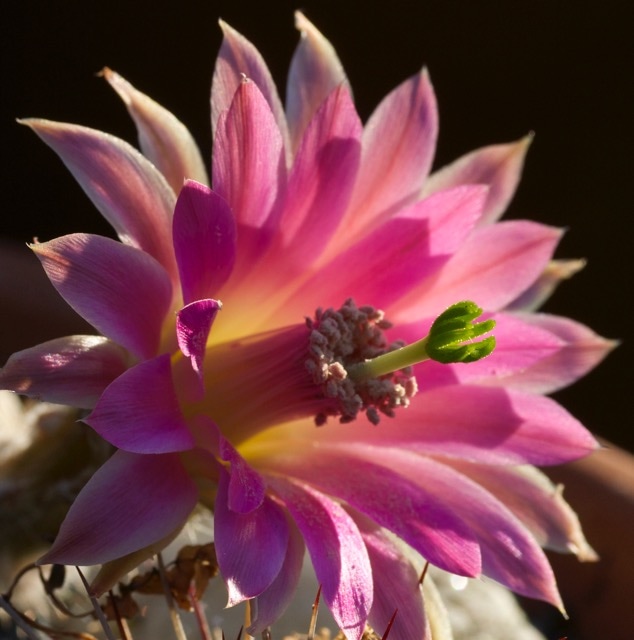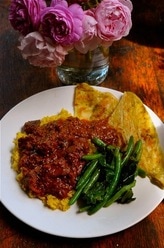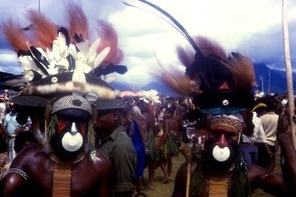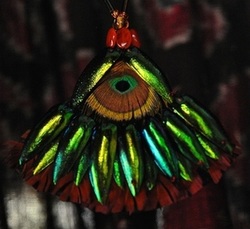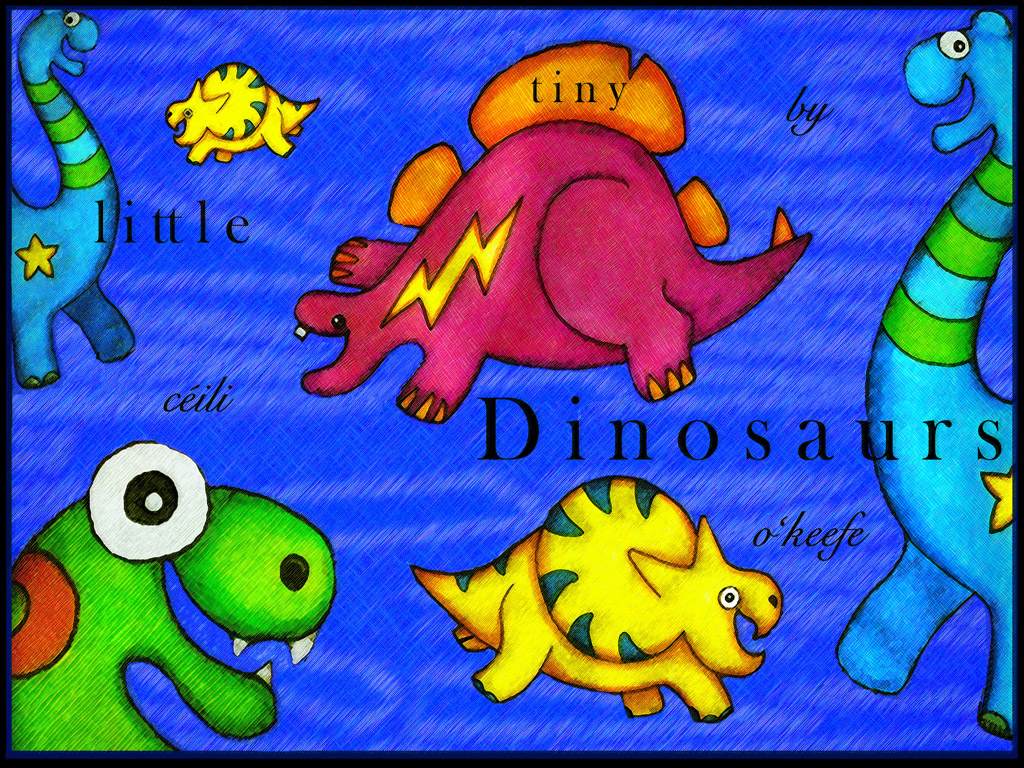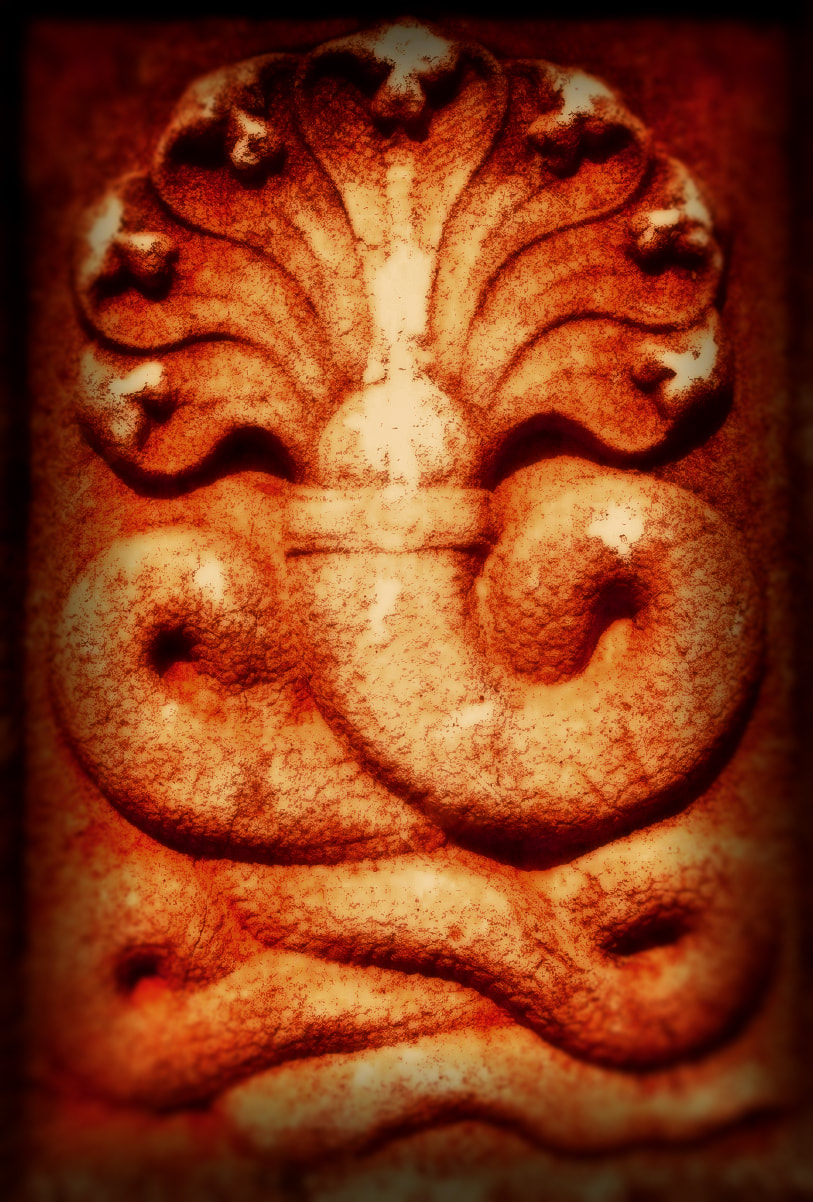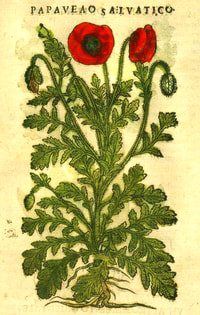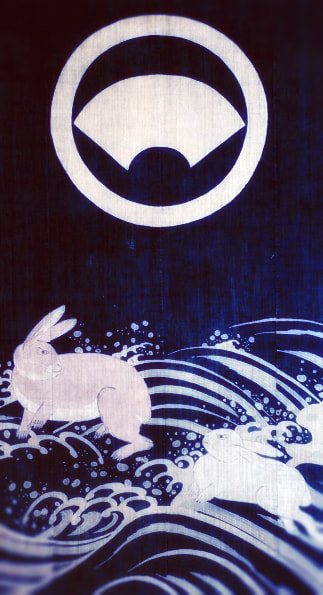| Tangata Whenua (People of the land) is the widely accepted Maori term used to describe 'indigenous' New Zealanders of Polynesian descent. Many New Zealanders of European descent find the distinction confrontational and even antagonistic to their own love of/belonging to this idiosyncratic little archipeligo, which is an unhappy state of affairs for all involved. As my own understanding of history and the human diaspora has developed, I've come to personally regard locale-specific 'indigenousness' as an artifact of insufficient chronological perspective. I mean, where does anyone draw the biological or cultural line? But other peeps are free to feel as indigenous or exotic as they please as far as I'm concerned; I just can't get bent out of shape by any current official designation. My appreciation of Maori cultural expression was far more adversely affected by the patriarchal posturing adopted by many of its most vocal contemporary exponents. This macho, martial emphasis was embraced by a prurient media willing to trade genuine inquiry and dialogue for the mileage accrued in the course of stoking disharmony. |
| Right: Ranginui and Papatuanuku, the primordial human couple in conjugal embrace. Poutokomanawa support pole from a Taupo house. The story of Rangi (sky) and Papa (earth) is as universal and probably as old as conscious human perception, transcending every petty differential to speak to everyone who has ever loved and held another. In their tender and mutual necessity and in the depths of their immortal allegory we are confronted with everything we ignore in the crush of daily life. That the equity of their union should be so anciently regarded as ideal is bitterly ironic in light of our everyday violence toward each other. How infinitely preferable is this loving depiction to the torture porn of the christian crucifix or the seething hypocrisy of islamic proscription? Yes, I'm dissing monotheism. Consider the alternatives. | Left: Openwork frieze from the prow of the Te Paranihi waka, a canoe originally for Paturomu, a chief based at Koroniti. Portions of this craft were taken from an earlier Ngati Toa wakataua called Waikahu. This is a panel from the stern. |

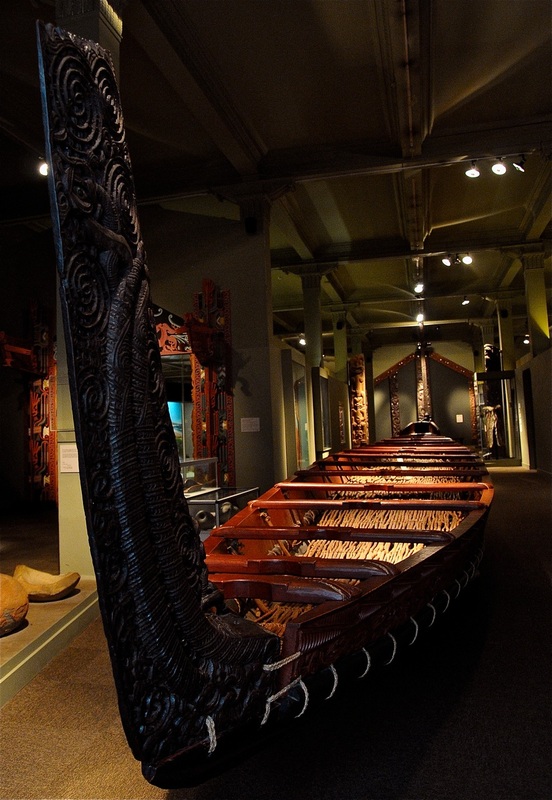
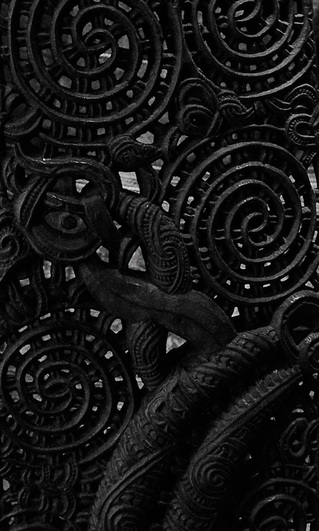

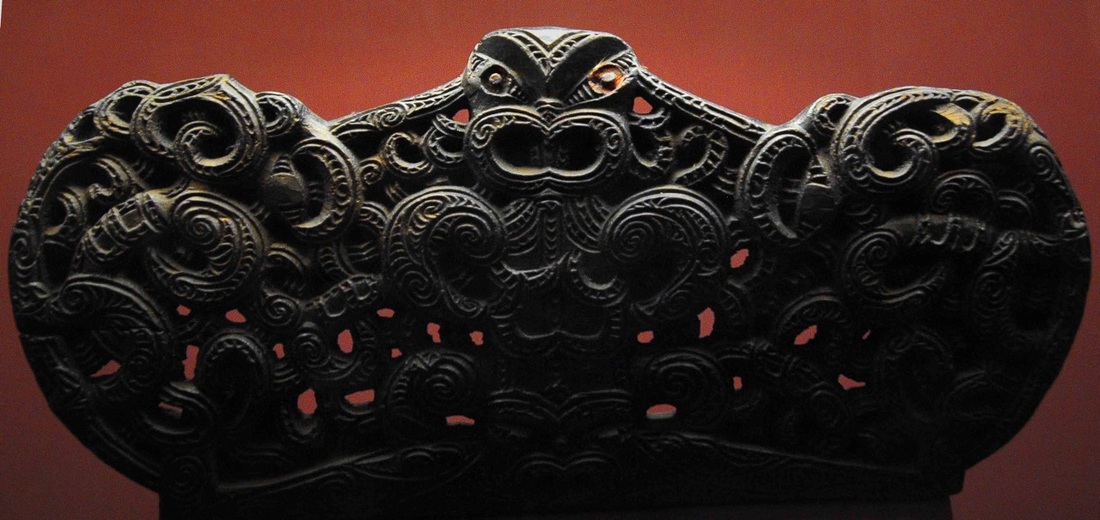
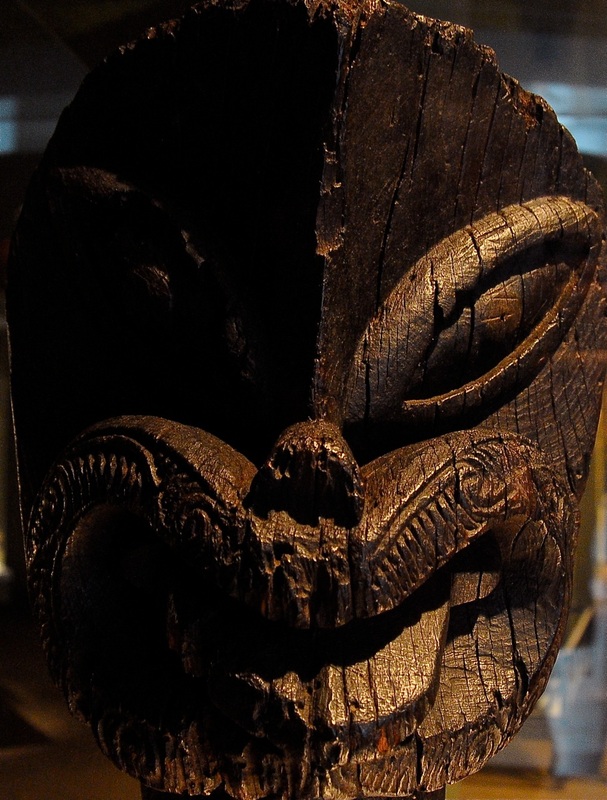
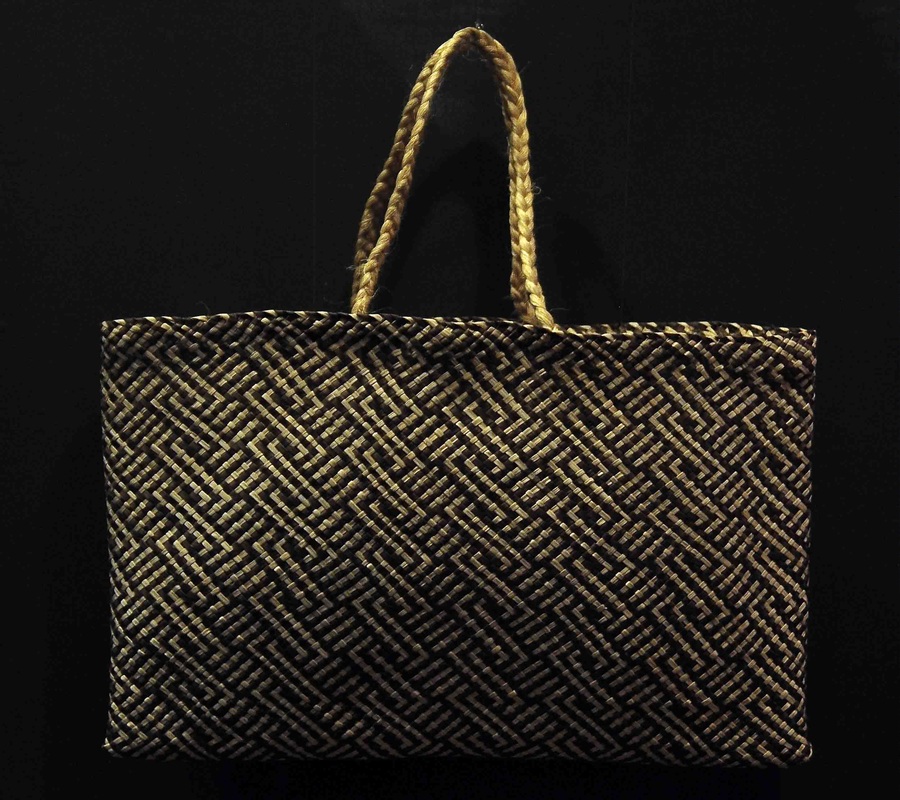
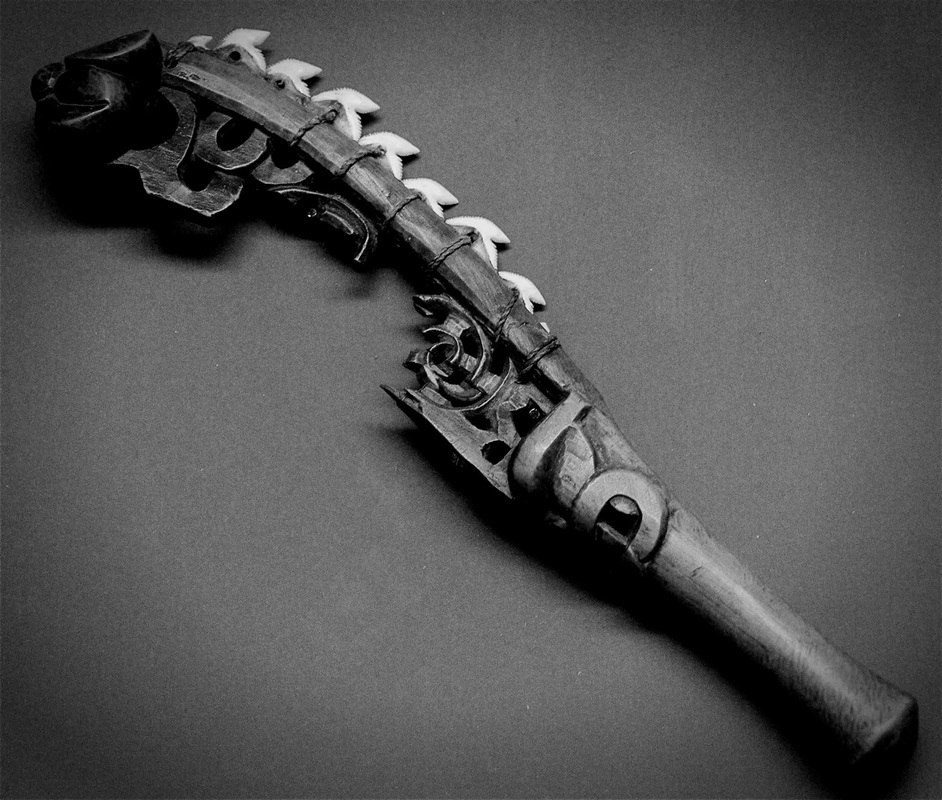
 RSS Feed
RSS Feed
